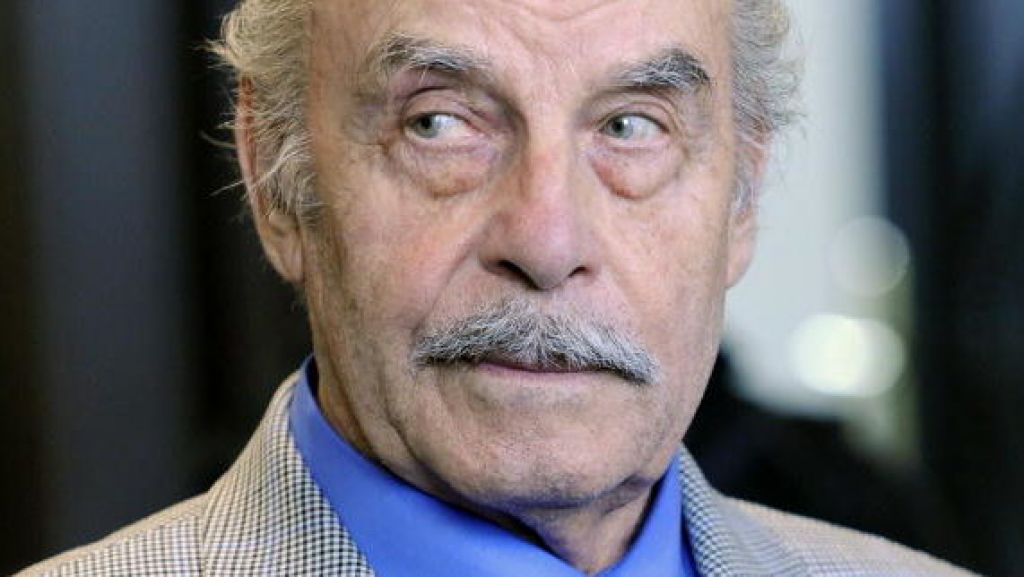(Bloomberg) — Prime Minister Rishi Sunak challenged the House of Lords not to “frustrate” his flagship bill to enable the deportation of asylum seekers to Rwanda, warning that the policy is an “urgent national priority.”
Most Read from Bloomberg
The legislation, which designates Rwanda a “safe” destination for deportees, passed its final hurdle in the House of Commons on Wednesday after the bulk of Tory rebels who had sought to toughen the bill backed down. It must still pass through the upper chamber in order to become law.
“There is now only one question. Will the opposition in the appointed House of Lords try and frustrate the will of the people, as expressed by the elected house, or will they get on board and do the right thing?” Sunak said Thursday in a press conference in Downing Street. “It’s now time for the Lords to past this bill.”
Sunak — who spoke from a lectern bearing the slogan “Stop the Boats,” views the Rwanda plan as an essential deterrent for asylum seekers who cross the English Channel in small boats from France. The issue has become totemic within the governing Conservative Party, which trails the main opposition Labour Party by more than 20 points in the polls and sees reducing immigration as crucial to restoring its standing with voters ahead of an election that’s widely expected in the second half of 2024.
While the prime minister’s warning was aimed at opposition politicians in the House of Lords, Labour doesn’t plan to hold the bill up as a whole in the upper chamber, according to people familiar with the matter who requested anonymity discussing legislative tactics. The party could nevertheless vote against the government on individual amendments, they said.
The Lords are expected to debate the bill for the first time at the end of January, with crunch votes likely to come in early March, according to a person familiar with the bill’s anticipated timetable. The legislation could pass all its stages by mid-March and then go back to the Commons in a sign-off process known as ping-pong ahead of lawmakers breaking up for Easter on March 26.
Sunak has staked his reputation on getting deportation flights to Rwanda off the ground after repeated blockages by UK and European courts. Stopping the boats is one of five key pledges he made to voters last year, and he’s running out of time to deliver it before the country goes to the polling booths.
The bill’s passage through the Commons wasn’t easy for Sunak, even if he comfortably won the ballot at its third reading late Wednesday by 44 votes. Earlier in the week he suffered the biggest Tory rebellions of his premiership on proposed amendments to the bill, as right wingers sought to curb the rule of international law. Those amendments failed only because opposition parties joined the government in opposing them.
At third reading, Labour and other opposition parties voted against the bill, along with just a handful of the earlier Tory rebels.
Attacks in the Lords are likely to come from peers who are concerned the bill goes too far already in bypassing international law. While Sunak’s press conference was designed to pile pressure on the unelected upper chamber not to hold the bill up so that the government can “get it on the statute book as quickly as possible,” it’s also a reflection that he has even less control over what happens in the Lords than in the Commons.
The upper chamber has almost 800 working peers, including 26 bishops, some who have inherited titles passed down for generations, and others appointed by successive governments. Just 270 of them are Conservatives. As the controversial bill was introduced on Thursday, some peers cried “shame,” a portent of future battles.
“Good policy making and the integrity of our legal system are under attack because of internal political quarreling in the Conservative Party,” Alex Carlile, a barrister and independent peer in the upper chamber, told BBC Radio on Thursday. He called the Rwanda bill a “step towards totalitarianism.”
The Lords traditionally sees itself as an amending chamber, improving laws through targeted amendments, and typically it backs down if the Commons doesn’t accept its changes. But because the Rwanda plan wasn’t an election manifesto commitment by the Tories, it’s possible some Lords will be more intransigent over the migration bill because of their discomfort at the way it sidesteps court rulings. Opposition parties, rebel Tories and several caucuses of crossbench members could all slow the bill’s passage.
According to an official familiar with the legal process of deporting migrants, the government is still optimistic it can see a plane take off for Kigali by the end of spring, even if the enacted legislation is subject to appeal by individual migrants or or challenged in the courts by campaigners, known as a judicial review.
(Updates with further details on bill timetable starting from 6th paragraph.)
Most Read from Bloomberg Businessweek
©2024 Bloomberg L.P.
Signup bonus from





